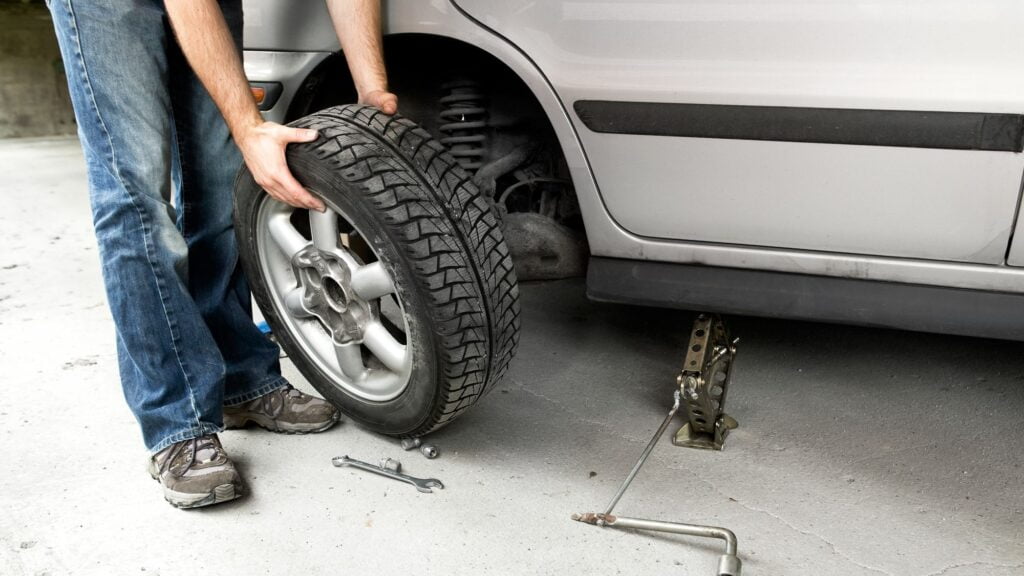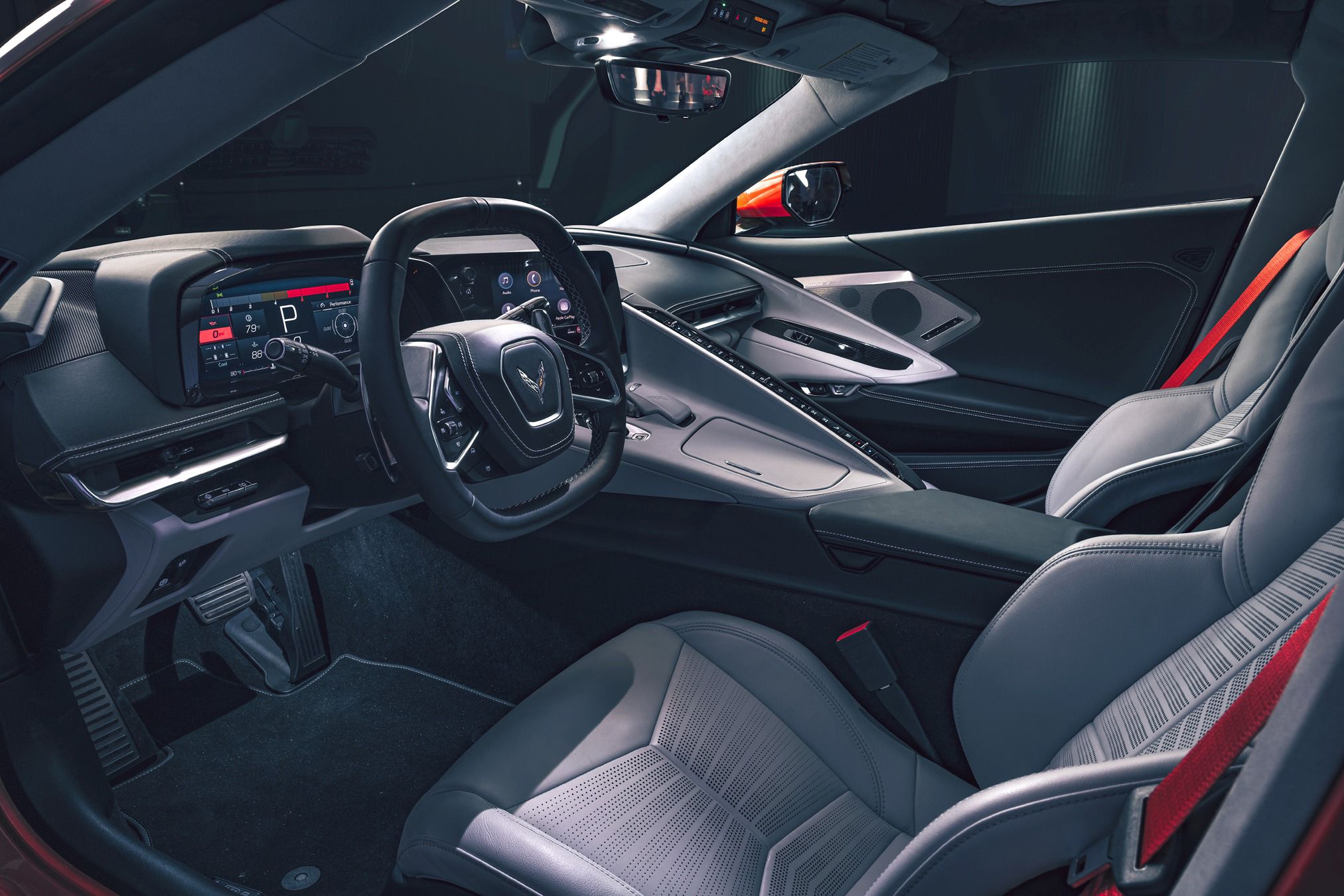
Some people drive but know little about cars. Others know a lot about them, and because of this, they take excellent care of their vehicles. Most car owners fall somewhere in the middle, knowing at least the vehicular basics.
Some portion of the public probably knows what UHP tires are, while others may have never heard of the term. We’ll talk about them in this article. We’ll also cover the popular topic of UHP vs. all-season tires that sometimes comes up when two car aficionados get into a spirited debate.
What Precisely Are UHP Tires?
UHP is shorthand for ultra-high performance. It sounds like something you would find on a race car, and that’s not exactly wrong. High-end sports vehicles generally use this tire type for racing. It’s rarer for you to find them on street vehicles you might encounter in a mall parking lot, but that does happen sometimes.
Some drivers like these tires because they can perform well at high speeds. It follows that if you have an old jalopy that shakes if you take it over sixty miles per hour, you probably won’t want to bother buying UHP tires for it.
These tires can also sustain torque and engines with more horsepower than standard-issue tires that will likely come with a new or used car. It’s only when you buy a sports car that you’ll get these tires standard.
The other thing you could choose to do is add them “after-market,” meaning after you’ve purchased the vehicle. After-market car alterations are not always legal, though, so keep that in mind if you plan on doing a lot of modifications. Generally, you can add UHP tires to any car, and it will still be street legal.
Why Would You Get Them?
If you’re not ever going to test a car to see what kind of torque and G-force it can sustain, you are probably never going to even consider this purchase. These tires are not cheap, and unless you plan to go out on some deserted highway stretch and push the limits of your vehicle’s top speed, they are undeniably impractical.
The one other reason why you might go with these tires, though, assuming you don’t plan on racing your vehicle, is that they can grip both dry and wet surfaces very well. They can dissipate heat better than most other tire varieties too. Maybe that’s enough to convince you to purchase some, but if you do, know that you’re in the minority.
Are All-Season Tires the Same as UHP Tires?
There are also what car companies and vendors call all-season tires. They are tires that you can rely on for safe performance in all weather and at any time of the year. Because of this, they’re more expensive than your average car tires. It might be worth it to get some, though. If you do, you won’t have to switch out your tires for winter driving every year if you live in a snowy region.
UHP tires are not quite the same as all-season tires. They both cost more than your average or standard-issue tires, but you’ll probably see more of the all-season variety on the road. Most car experts consider UHP tires to be more niche, and frankly, they’re more uncommon.
Comparing the Two Options
You might see an argument between two car enthusiasts as to which one of these tire options is better, but the reality is that neither one is superior. You just use them for different situations.
If you’re not going to race your car, it probably doesn’t make sense to buy UHP tires, though it’s your prerogative if you want them. For all reasonable weather conditions and to avoid having to switch out your tires every year, you’ll probably go with the all-weather option.
Keep in mind that either choice will cost you more than the standard tires you’ll get on most new, used, or certified pre-owned vehicles. When you buy either of the higher-priced options, you’re investing in your car. That’s generally only worth it if it’s a newer vehicle or you live in a region where extreme weather is likely each year.
If you have a car only for utilitarian purposes, like driving a couple of miles to work or a grocery store, you will likely never have to worry about either option. It’s generally more serious drivers who are willing to open their wallets for a set of all-weather or UHP tires.








